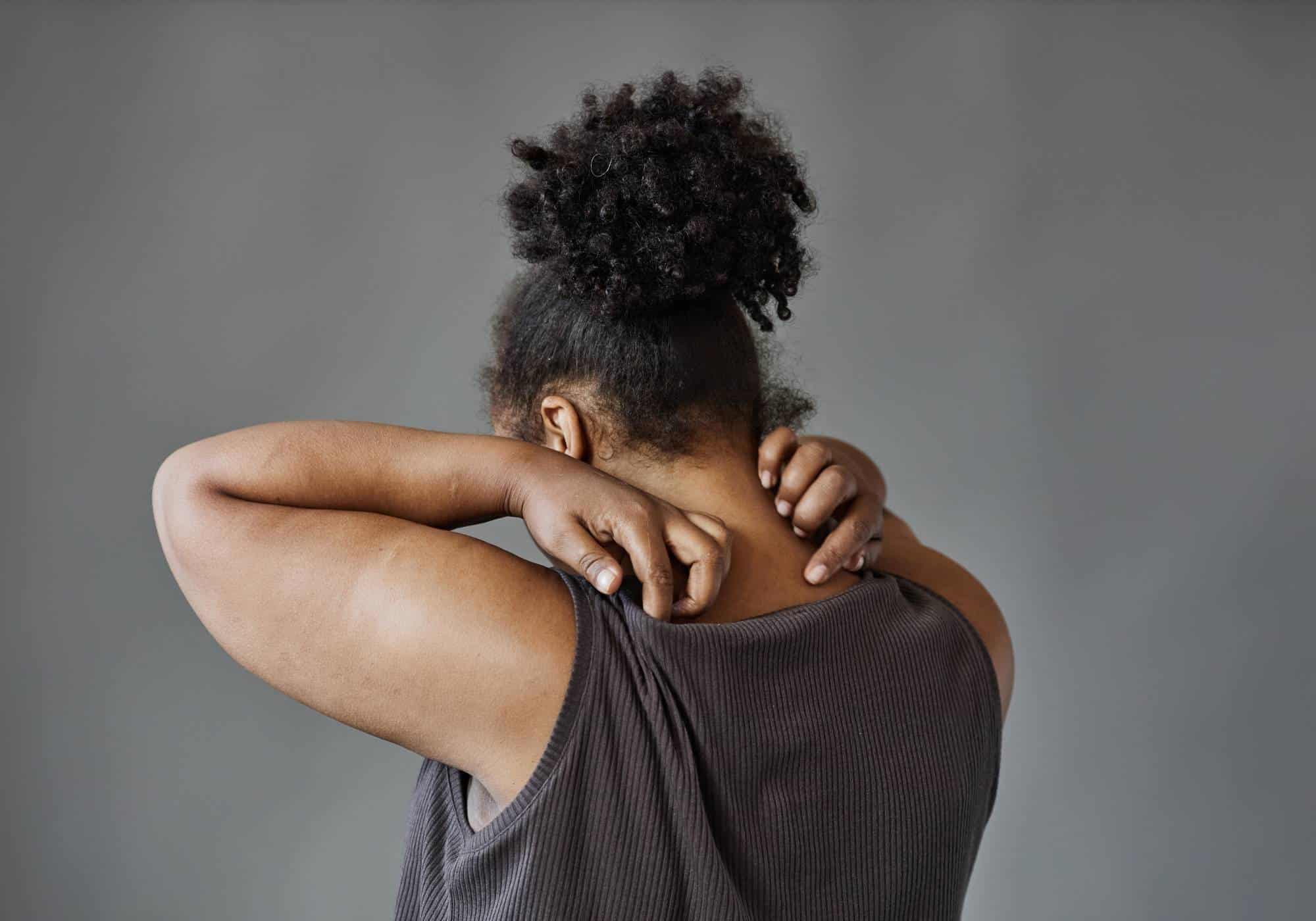Mental health vs psychological health are phrases you hear everywhere—often as if they mean the same thing. They’re related, but not identical. Knowing how they overlap and where they differ helps you describe what you’re feeling, ask for the right kind of support, and choose care that fits your life.
At a glance, mental health covers your day-to-day emotional state, thinking patterns, behaviors, relationships, sleep, and stress. It’s the lived experience of your inner life and how it affects work, school, and home. Psychological health looks under the hood. It’s the science of the mind—how cognition, emotion, learning, memory, and behavior work together—plus the assessment tools and therapies clinicians use to understand and improve that system.
Both matter. Both can be strengthened. And for adults facing anxiety, depression, trauma, or substance use, both should be addressed in the same plan. As a mental health center in Atlanta, GA, Hooked on Hope Mental Health focuses on the whole picture—what you feel today and what’s driving it.
Similarities Between Mental vs Psychological Health
You can think of mental health and psychological health as two sides of the same coin. One describes how you feel and function; the other explains why and how to change it. Here’s where they overlap.
Emotional Well-Being
Both concern emotions: how they rise, how long they last, and how you respond. Feeling overwhelmed, going numb, or riding mood swings shows up in mental health; understanding triggers, appraisals, and regulation strategies sits in psychological health. The shared goal is emotional balance you can maintain.
Cognitive Functioning
Attention, memory, problem-solving, and decision-making sit at the center of both. When anxiety is high, working memory shrinks and you miss details. Psychological approaches (like CBT or metacognitive training) rebuild attention and flexible thinking so your day-to-day mental health improves.
Behavioral Patterns
Actions reflect inner states. Avoidance, overworking, substance use, or doom-scrolling may soothe in the moment and hurt later. Mental health tracks those patterns; psychological health offers structured ways to change them (exposure, habit reversal, reinforcement, skills practice).
Social Connection
Relationships are a protective factor in both domains. Supportive ties lower stress, improve sleep, and reduce relapse risk. Psychological models explain why validation, boundaries, and communication skills boost mental health outcomes.
Whole-Person Health
Sleep, activity, nutrition, medical conditions, medications, and hormones all influence mood and thinking. Both mental and psychological health benefit when you stabilize daily rhythms and address physical contributors.
Differences Between Mental vs Psychological Health
Understanding the differences helps you choose language—and care—that fits your needs.
Scope
Mental health is broad and practical. It describes your current symptoms and functioning: sadness, panic, anger, focus, sleep, motivation, and how those affect work and relationships. Psychological health is the academic and clinical toolkit that explains these experiences: learning theory, cognitive science, neurobiology, assessment, and evidence-based therapy.
Focus
Mental health focuses on feeling better, coping better, and living better right now. Psychological health focuses on understanding mechanisms—how thoughts, beliefs, memories, and conditioning interact—and then applying structured methods to change them.
Assessment
Mental health check-ins ask what’s happening this week: mood ratings, sleep logs, stressors. Psychological assessment adds standardized tools (clinical interviews, symptom inventories, cognitive tests, personality measures, trauma screens) to map patterns and guide care.
Approach to Treatment
Mental health care often blends therapy, skills, medication, and social support. Psychological health adds the “how” and “why” of interventions: CBT to challenge distorted thoughts, DBT for emotion regulation, ACT for values-based action, exposure to unlearn fear, IPSRT to stabilize daily rhythms, and family work to shift interaction patterns.
Outcomes
Mental health measures relief and functioning: fewer symptoms, better sleep, more energy, safer choices. Psychological health measures mastery: increased cognitive flexibility, stronger distress tolerance, new habits that last, and relapse-prevention skills you can use on your own.
The Importance of Caring for Both Mental and Psychological Health
Focusing only on mental health relief can leave you cycling through the same struggles when stress spikes. Focusing only on psychological theory can feel abstract when life is hard. You need both.
- Short-term relief: Grounding, sleep hygiene, medication (when appropriate), and social support calm the system.
- Long-term change: Skills practice, cognitive restructuring, exposure, and routine stabilization rewire patterns so relief sticks.
- Clear language: Knowing whether you need help “feeling less anxious before meetings” (mental health) versus “learning to challenge catastrophic thinking that drives the anxiety” (psychological health) speeds up the process.
- Dual diagnosis treatment: If alcohol or drugs crept in as coping tools, integrated treatment addresses substance use and the mental/psychological drivers at the same time.
At Hooked on Hope Mental Health in Atlanta, GA, we use both lenses every day. You get practical help for today’s symptoms and a deeper plan for tomorrow’s growth.
Mental Health vs Psychological Health in Dual Diagnosis Care
When substance use and mental health conditions occur together, the difference between mental health vs psychological health becomes more than a vocabulary lesson—it’s a treatment map.
Why Substances “Work” in the Short Term
Alcohol and drugs can blunt intrusive thoughts, soothe trauma reactivity, or mask depression. That’s a mental health effect. Psychologically, your brain links substance use with relief (classical and operant conditioning), so urges grow stronger under stress.
What treatment must include:
- Medical support and, if needed, supervised detox for safety.
- Skills to regulate emotion without substances (DBT skills, craving surfing, urge-delay plans).
- Cognitive work to question “I can’t cope without it” beliefs.
- Exposure to triggers with support so your brain relearns safety.
- Routine stabilization to protect sleep—the ultimate mood stabilizer.
Both perspectives protect your recovery. One soothes the immediate storm; the other rebuilds the bridge.
How Clinicians Assess Both (So Your Plan Fits)
A thorough intake covers symptoms and science:
- Timeline: First onset, worst episode, seasonal patterns, postpartum shifts, or trauma anniversaries.
- Sleep and circadian rhythm: Difficulty falling asleep, early waking, nightmares, or nights of little sleep with high energy (a clue to bipolar spectrum).
- Cognitive load: Attention, memory, and decision-making under stress.
- Behaviors: Avoidance, safety behaviors, compulsions, or substance use patterns.
- Medical factors: Thyroid issues, sleep apnea, chronic pain, hormonal changes, medications, and family history.
- Functioning: Work, school, parenting, finances, and relationships.
This blend of mental health detail and psychological formulation yields a plan that’s specific, realistic, and measurable.
Practical Self-Care That Supports Both
Small, steady choices keep your nervous system and thinking patterns on track.
- Protect sleep: Same bedtime/wake time, dark cool room, screens down an hour before bed, caffeine cut-off by early afternoon.
- Move daily: Even 20–30 minutes of walking improves mood, sleep depth, and cognitive flexibility.
- Eat on a rhythm: Regular meals stabilize energy and medication tolerance.
- Limit substances: Alcohol and cannabis disrupt sleep architecture and amplify anxiety.
- Practice micro-skills: Box breathing, 5-4-3-2-1 grounding, opposite-action for urges, and 10-minute exposure to avoided tasks.
- Track simply: A two-minute nightly check-in on mood, sleep, movement, and wins teaches you what helps.
When to Seek Help (Red Flags and Next Steps)
Reach out now if you notice any of the following:
- Panic attacks, unrelenting worry, or depression most days for two weeks or more
- Sudden energy surges with little sleep, racing thoughts, or risky impulses
- Thoughts of self-harm or suicide
- Escalating alcohol or drug use to cope
- Trauma symptoms (flashbacks, nightmares, reactivity, avoidance) that limit your life
- Eating, attention, or compulsive behaviors that feel out of control
Getting help isn’t overreacting—it’s prevention. Early care is faster, safer, and less disruptive than crisis care.
Mental Health Treatment at Hooked on Hope Mental Health
As a outpatient mental health treatment center, Hooked on Hope Mental Health integrates mental health and psychological health in one plan.
Your care may include:
- Comprehensive assessment: We map symptoms, triggers, and strengths.
- Medication management: When indicated, we choose options that fit your goals and monitor sleep, energy, and focus closely.
- Evidence-based therapy: CBT, DBT, ACT, exposure therapies, and trauma-informed approaches matched to your needs.
- Integrated substance use care: If drugs or alcohol are part of the picture, we address them alongside anxiety, depression, PTSD, or bipolar spectrum features.
- Family involvement: Education and communication tools that lower conflict and increase support.
- Relapse-prevention planning: Your personalized early-warning signs, if-then steps, coping menus, and crisis plan you and your support system understand.
You don’t have to choose between relief and insight. You can have both—and you deserve both.
Take the Next Step
Clarity beats confusion. If you’re wrestling with mood swings, anxiety, trauma, or substance use—and you’re tired of white-knuckling it—there’s a better way. Hooked on Hope Mental Health in Atlanta, GA offers outpatient mental health care that balances immediate relief with lasting psychological tools.
Reach out today at 470-287-1927 or fill out our online contact form to talk with our team, ask questions, and start a plan that fits your life. Your next chapter can be steadier, healthier, and yours.
Mental Health vs Psychological Health FAQs
What does mental health vs psychological health actually mean?
Mental health describes your lived experience—mood, thoughts, behavior, and functioning. Psychological health explains and treats those experiences using scientific models, assessment, and structured therapies.
Do I need a psychologist or a therapist?
Titles vary by state, but look for licensed clinicians who use evidence-based care. Many counselors, social workers, and psychologists deliver CBT, DBT, ACT, exposure, and trauma-informed therapy. If medication may help, add a prescriber (psychiatrist, psychiatric nurse practitioner).
Can I improve both without medication?
Plenty of people do with therapy and lifestyle changes. Others benefit from medication, especially when symptoms are severe or persistent. The best plan is individualized and revisited over time.
How does dual diagnosis treatment address both areas?
It treats substance use and mental health together. You learn psychological skills to handle triggers and emotions while stabilizing daily mental health basics like sleep, support, and routines.
What are signs I need more than outpatient therapy?
Safety concerns, inability to function at work or home, severe mood swings, psychosis, or escalating substance use suggest a higher level of care. Intensive programs provide structure, daily practice, and medical oversight.
What if I’ve tried therapy before and didn’t click?
Therapeutic fit matters. Different approaches work for different people. Ask for a plan with clear goals, skills practice between sessions, and measures to track progress. It’s okay to change providers.
How long until I feel better?
Some people notice shifts within weeks; deep habit change takes longer. We aim for steady wins: better sleep, fewer spikes, more energy, and skills you can use on your own.







